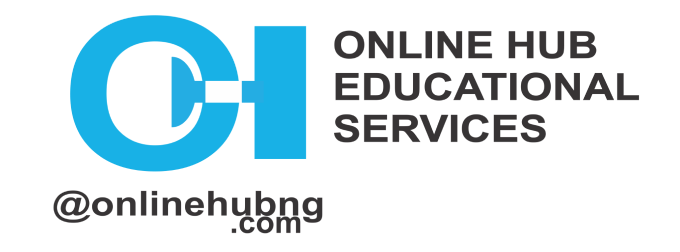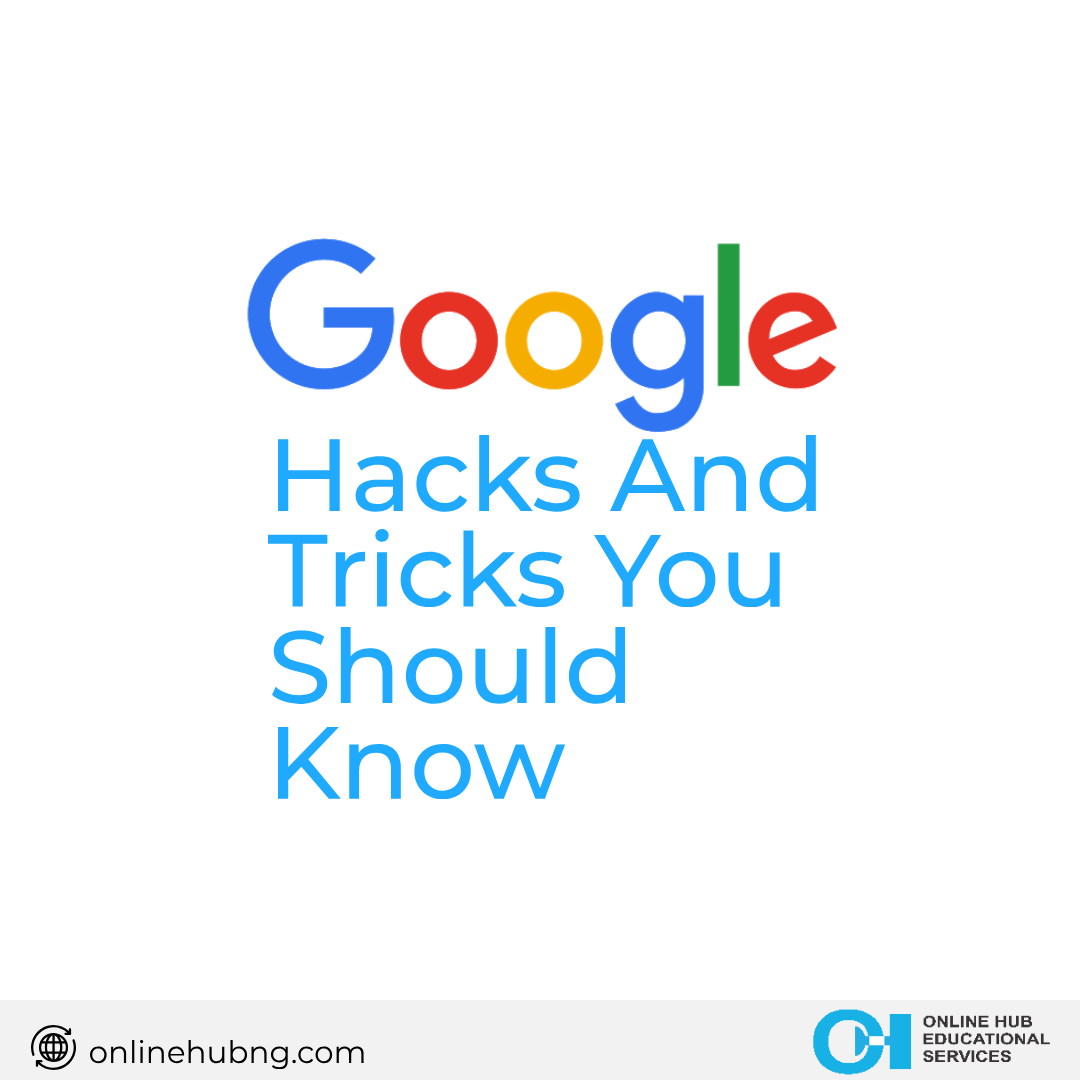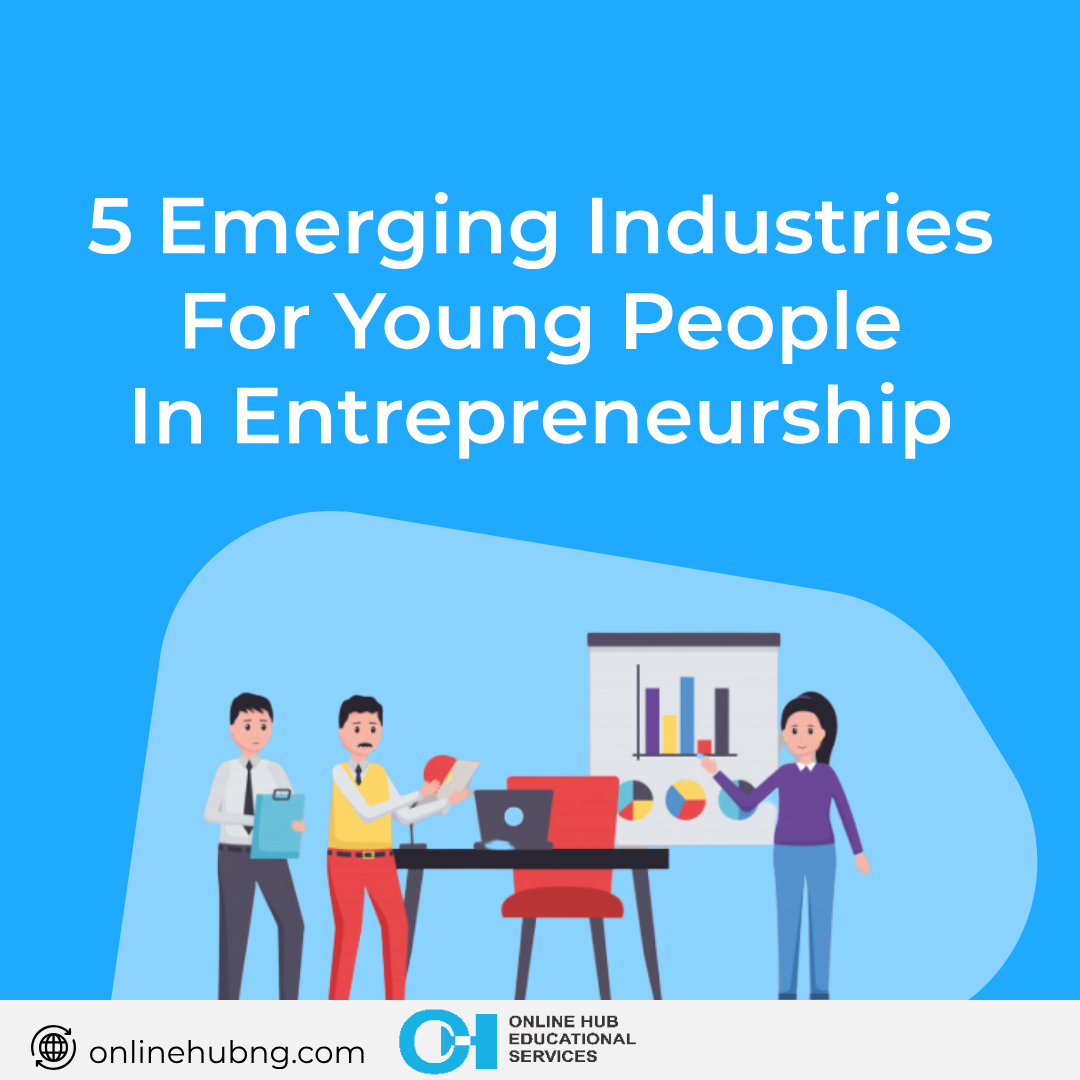Digital understanding is the ability both to use technology and to comprehend, in real terms, the impact that it has on our lives. It’s not the same as digital skills.
Digital skills mean we can perform a task. Digital understanding means we not only know the reason for a task and its potential consequences, but also appreciate the wider context of and around our actions.
For example, people with digital skills can go on Facebook; those with digital understanding know how Facebook collects data about them. People with digital skills can shop on Amazon; those with digital understanding know they can exercise their consumer rights on the internet.
Digital skills are important, and a lot of valuable work has been done to help people develop these, so that 91% of the UK population now has some basic digital skills. Without these, people would be unable to access the economic, social, educational and civic opportunities the internet offers.
But people need more than digital skills to participate fully in society. Digital understanding equips people to adapt to, question and shape the changes that technology and the internet are bringing to our world.
Where are we now?
All parts of our lives and our society are already affected by digital technologies. UK adults spend eight hours 45 minutes on media and communications each day on average — more time than we do sleeping — and even then, half of us make sure our phone is within reaching distance when we go to bed.
Digital isn’t something we do but something we are — a commonplace part of our social interactions, retail consumption, working lives, and societal fabric.
Around two-thirds of Britain’s internet users shop and bank online — last year we spent £130 billion online. This now represents more than 16% of our total retail spend. About 60% look up information on government and council websites — and have used a service such as getting a passport or filling in a tax return. Three-quarters of UK internet users have a social media account — and of those 95% are on Facebook.
All these have been made possible because people now have the skills to use these technologies. But their understanding of them has not kept pace.
For example, while 97% of UK internet users have used a search engine, only half were able to distinguish between search results and advertisements. Only about the same proportion knew how search engines and video-sharing sites like YouTube are funded.
A third of people don’t make any checks before entering financial information online, and a similar proportion don’t check the credibility of a website before entering personal information.
This is despite a rapid increase in online crime. Four in five cases of identity theft now happen online, and researchers estimate four times more people are victims of online crimes than traditional property crimes like burglary.
And such examples of lack of understanding are matched by concerns around trust. The World Economic Forum showed that only 40% of people trust search engines to have fair terms and conditions over their data use.
Although we are using the internet more and more, our use is dominated by a small number of companies. Of the UK digital audience of 50.4 million users, Ofcom measured that 48 million had visited Google-owned sites in March 2017, around 41 million visited Facebook-owned sites, and a similar number used Microsoft owned sites.
Where is the future taking us?
The number and complexity of digital technologies which we all interact with are set to increase.
As the uptake in Internet of Things devices rises, more of our our heating systems and door locks, kettles and cars, even our medical devices are and will be connected to the internet. While these can improve experiences for consumers, there are also privacy implications as well as security risks, with online hacks having the potential to be large-scale and physically harmful.
The use of artificial intelligence is becoming more widespread with potential benefits in areas as diverse as economics, law and healthcare. But the increasing use of artificial intelligence is making all of us subject to more and more decisions made by algorithms without us knowing how they work.
AI combined with advances in robotics may also lead to a rise in automation, meaning as many as 30% of UK jobs are potentially at high risk of automation.
If we are better able to understand digital technologies we will be better able to respond to these changes.
Digital understanding is the root of fairness — it means people can know how the technology of the internet works, it makes them aware of its power structures, and it enables them to question what these mean for their choices, rights, and lives.
Digital understanding puts people in a much stronger position to ask the right questions — or even know there’s a question to ask — to use their consumer pressure, hold decision-makers to account, and push for the change they want to see.
Why do our leaders need digital understanding?
In 2016, HBR and MIT interviewed more than 1,000 CEOs from 131 countries and 27 industries. They found that “90% of executives believe their businesses are being disrupted or reinvented by digital business models, and 70% believe they do not have the right skills, leader, or operating structure to adapt.”
In practice that might mean senior leaders simply don’t know where to start with bringing their organisation into a digital age.
They don’t know the right questions to ask, or what the most important issues are for their effort and attention. They don’t know how to spot over-ambitious, under-ambitious, irrelevant or failing digital efforts, or what good digital delivery looks like. Or they might be over-cautious about trying out digital ways of thinking and working because they don’t understand and therefore don’t trust them.
Lack of digital understanding in leadership also means services will continue to exclude people in huge numbers because of poor design and implementation.
It can also mean leaders don’t support or encourage their workers to gain the skills and understanding they need to thrive in the digital economy — because if leaders don’t know which are important and valuable, they can’t cultivate them in their organisation.
If our leaders — whether in the public or private sectors — don’t have enough understanding of how digital technologies work, and how the world now works increasingly differently because of them, the UK will be unable to take advantage of the potential and mitigate the problems.
Why do our policy-makers need digital understanding?
As individuals, digital understanding can help each of us to have greater control and agency in our lives.
As a society it’s vital that our policy-makers and politicians have digital understanding, so they’re able to make reasoned decisions in the best interests of the public.
This Parliament will see significant legislation brought forward, in the new Data Protection Bill and the development of the proposed Digital Charter. These will have a potentially profound impact on the way our digital economy and society develop in the years ahead. It’s important that these are subject to informed and robust scrutiny, which will require our parliamentarians to be able to absorb and engage with the realities of the ways digital technologies work.
This approach shouldn’t be confined to overtly ‘digital’ policy. Every new piece of public policy — from agriculture to education, security to social care — is a policy which will be implemented for people who live their lives digitally.
What is Doteveryone doing?
While a lot of research has been conducted on digital skills, we know very little about how people in the UK feel about the internet: how it operates, what they can do on it, how they experience it — or even if it’s a choice for them to use it.
We as a society, and our policy-makers, need to gather a lot more information about the role of the internet in people’s lives, and about our understanding of it, if we are to make decisions in our best interests.
Doteveryone has begun creating a definition of digital understanding and how it affects our lives as individuals, consumers, workers and members of society.
We’ll soon be conducting a nationwide Digital Attitudes Survey to discover and capture thousands of perspectives on the internet and technology. We’ve already completed some work with focus groups in two UK locations, which revealed enthusiasm and positivity about the internet, but also unease and misinformation.
We’re building prototypes for tools which will help people understand the internet better, including working on an online site to help consumers understand the ethical pros and cons of different products and services.
We’re also exploring how a consumer mark for trustworthy tech could operate, which we’ll test with two cohorts of technology companies. We’ve also begun action learning sessions with key decision-makers to show how they can provide better digital leadership.
Published – HERE.





